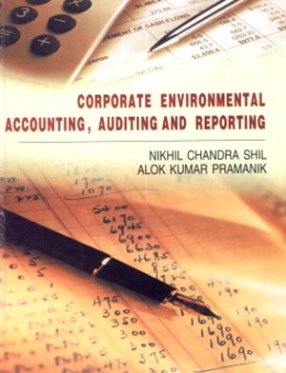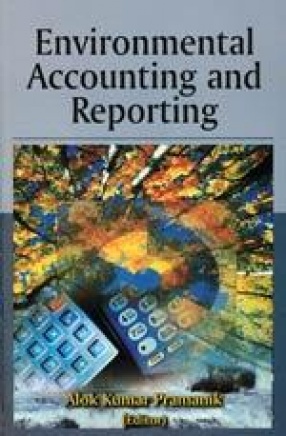Don’t Change the climate, change the system is the request made by the world leaders in Copenhagen Climate Summit 2009. The environmental crisis as a result of the increased temperatures of the atmosphere is a consequence of the capitalist system, of the prolonged and unsustainable patter of production and consumption of the developed countries, of the application and imposition of an absolutely predatory model of development on the rest of the world, and the lack of political will for the full and effective fulfillment of the commitments and obligations of the Kyoto Protocol. In the Bali Plan of Action, it was agreed that the developed countries would have obligations of mitigation. Environmental crises in recent days become a serious concern for world community. Thus the topic is highly researched and at the same time, we have witnessed a couple of initiatives taken by regulators, organizations, societies and communities.
Accounting as an international discipline has accommodated environmental issue in its mainstream. It becomes a mandatory part in course curricula in different universities. Current text is structured keeping the young learners requirements in mind. Environmental financial, cost and managerial accounting has been detailed in individual chapters. Different reporting frameworks followed in different countries have also been outlined. Auditors interface with the environmental accounting system has also been introduced. The text has also got research perspective to attract researchers in this area. A collection of literatures on researches in the area has been accumulated with their research findings to find out potential research gaps so that future researches my be conducted in the area.









There are no reviews yet.